You might be wondering when you should start introducing allergy-causing foods to your baby. The fact is, there are a range of benefits in doing so, from reducing the chances of developing a lifelong food allergy to improve your baby’s allergy tolerance.
But we recommend doing so in a safe way, around the time they turn 12 months old and are already eating solid foods. For all the other tips and tricks, here is our full guide.
Introducing Allergens
Including common allergy-causing foods
It is recommended to include common allergy-causing foods through reusable pouches or as solid foods in your baby's diet. That’s because experts explain that early introduction may reduce the chance of developing a lifelong food allergy.
Recognising and managing allergic reactions
If your baby has an allergic reaction, stop giving that food and seek medical advice. It's essential to be aware of the signs of allergic reactions and know when to seek help. These signs could be swelling, choking, rashes or a dramatic change in temperature. If anything is wrong, make sure to record what your baby has eaten so you can tell the doctor.
Continuation of regular consumption
Unless your baby has an allergic reaction to the food, continue to give the food to your baby regularly. Trying a food and then not giving it regularly may result in a food allergy developing. It is good to build up this tolerance with regular meals over time.
Impact on breastfeeding
If possible, continue to breastfeed your baby while introducing solid foods. The good news is that early introduction of common food allergens doesn't negatively impact breastfeeding. In fact, the introduction of allergens can be recommended by doctors without concerns about curtailing breastfeeding in any way.
Importance of a balanced diet
Babies need a variety of solid foods from each food group to receive adequate amounts of essential nutrients, such as fat, protein, vitamins, and minerals. Tracking these nutrients is easy with our baby food collection, with accessories that make it easier for your baby to eat whilst you introduce them to allergy-causing foods.
Encouraging family meals and food exploration
Learning to eat solid foods takes time, and babies learn by watching their parents eat. Offering your baby the same foods as the rest of the family will encourage them to eat a variety of different foods. Companies like Taste Bubs offers specialised baby food that is designed to help your child enjoy many of the foods you eat while safely introducing common allergens.
Ensuring a safe texture for a baby
As you introduce new foods to your baby, it's important to consider the texture. Start with smooth, soft foods and gradually transition to foods with more texture as your baby gets older and more comfortable with solids.
Introducing allergens to your baby can feel scary, but by following these steps you can safely prepare your little one for the wide range of foods they will eat later in life. Consult a medical professional if you are unsure about anything.
Please feel free to contact us if you have any questions, and happy feeding!

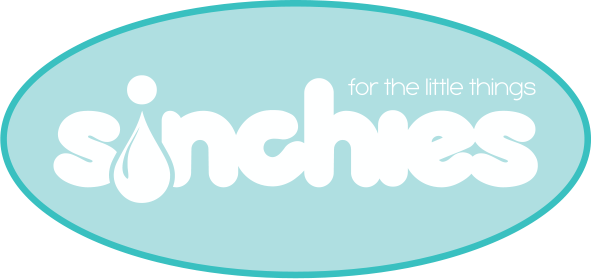
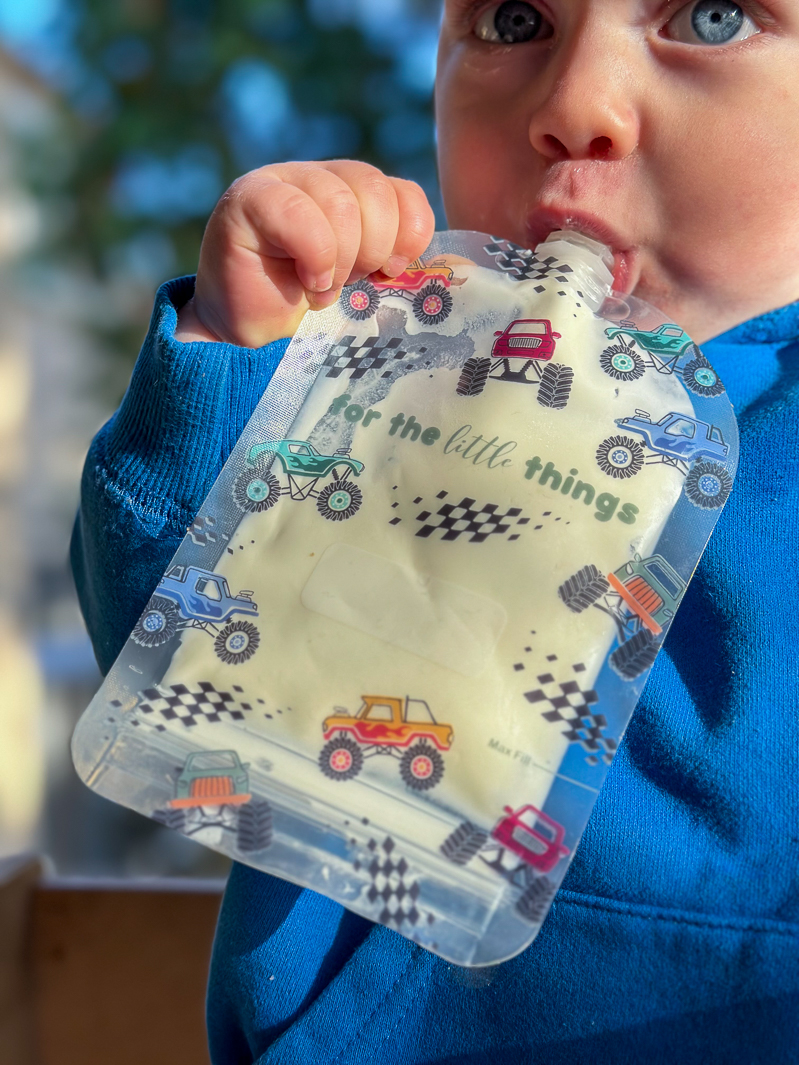

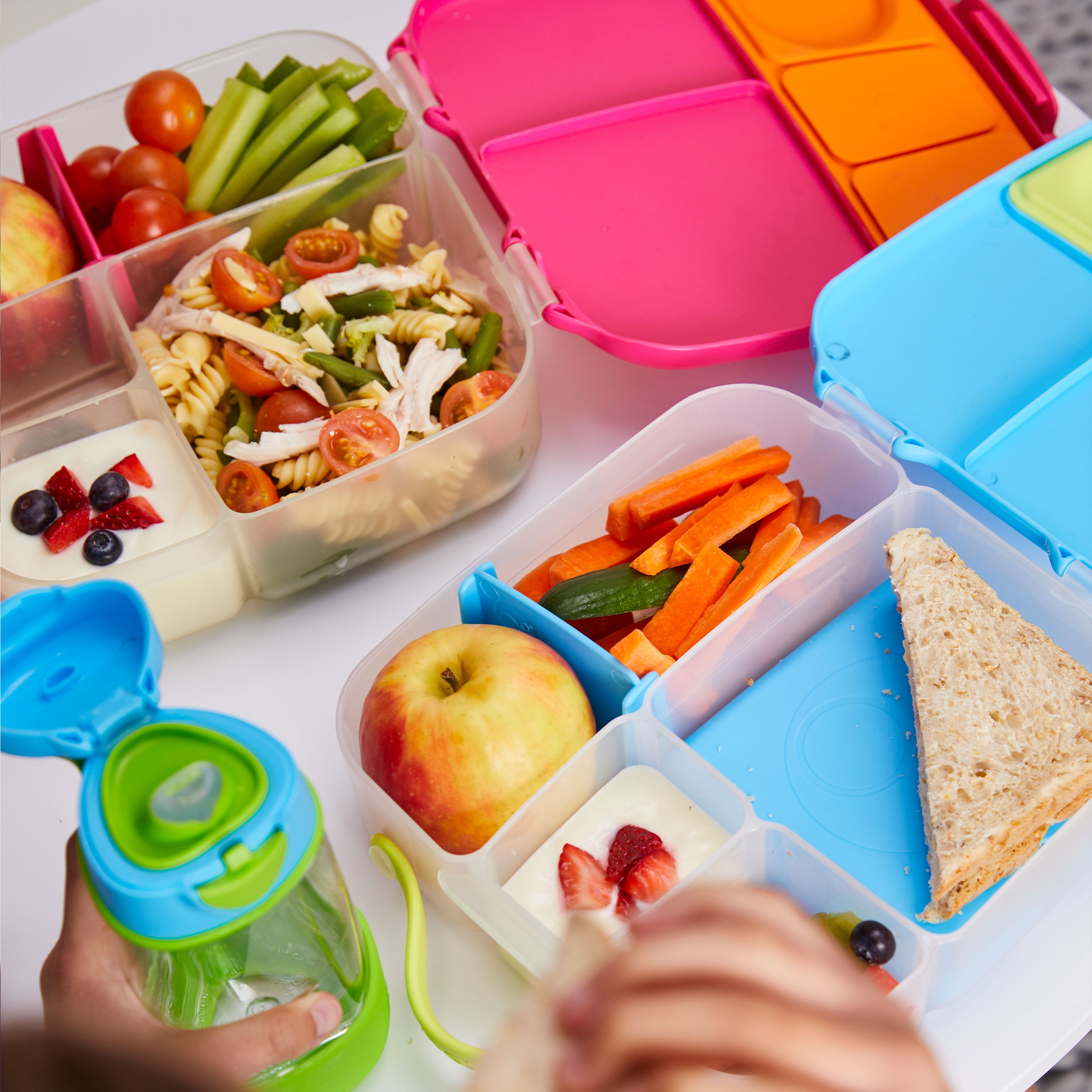

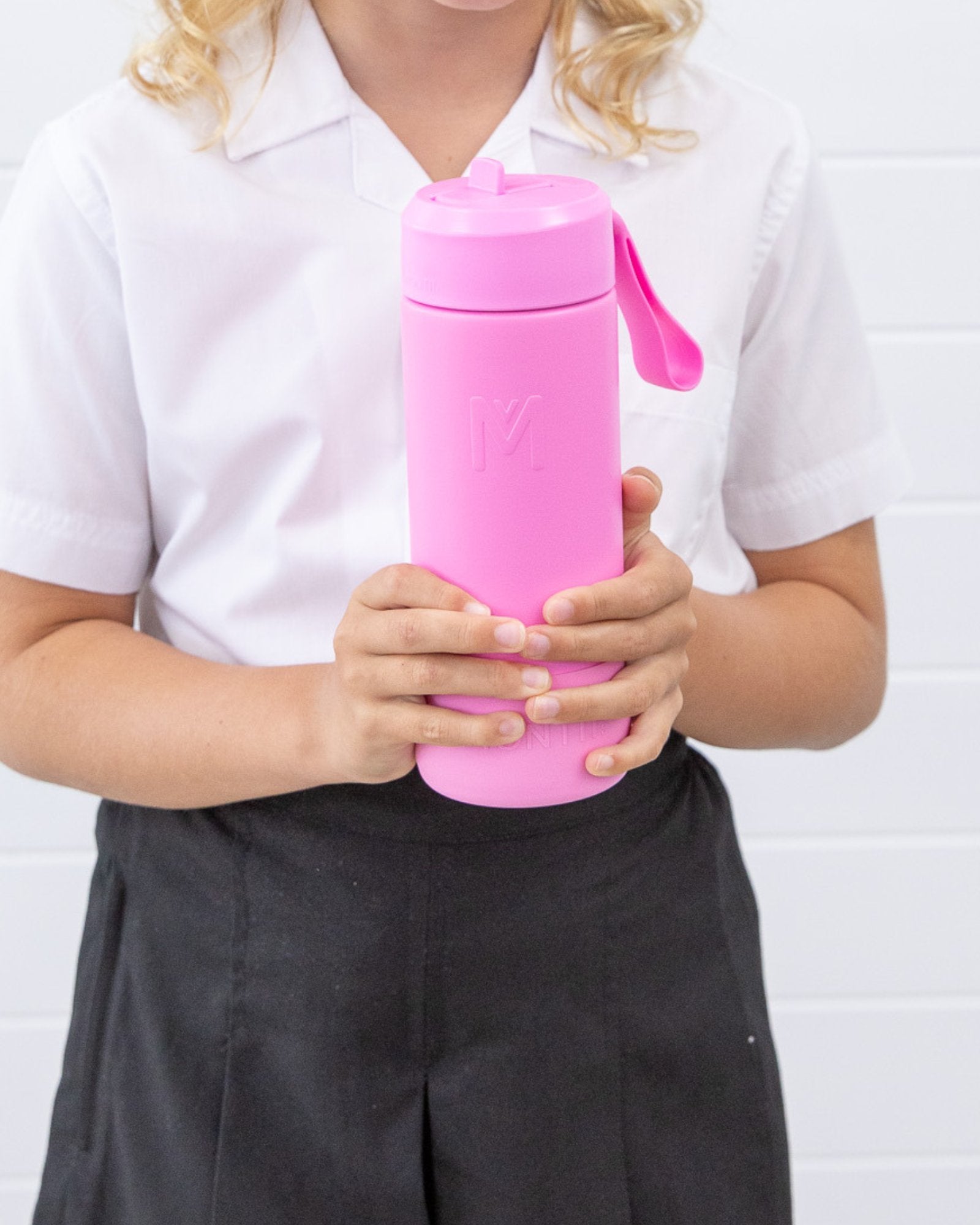

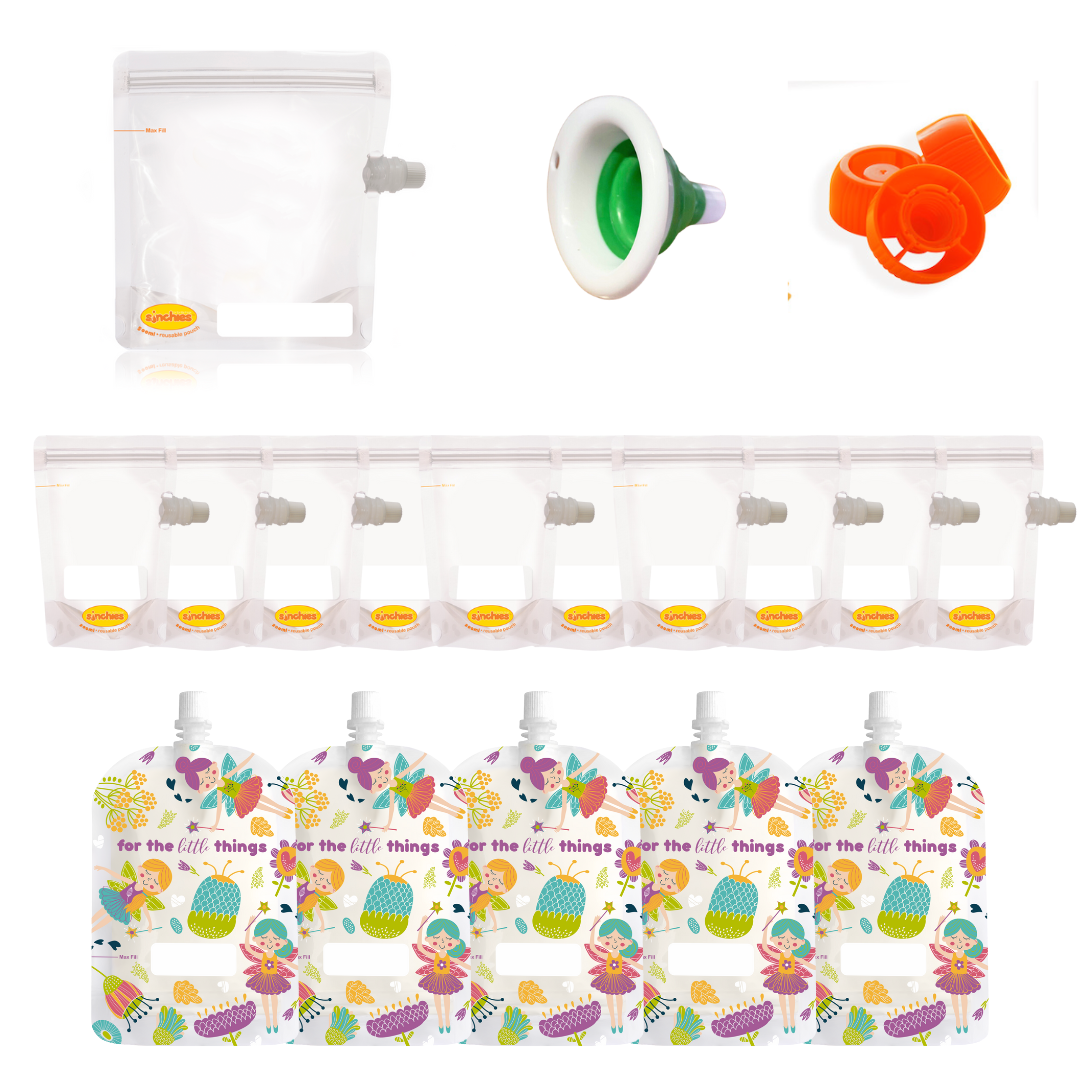
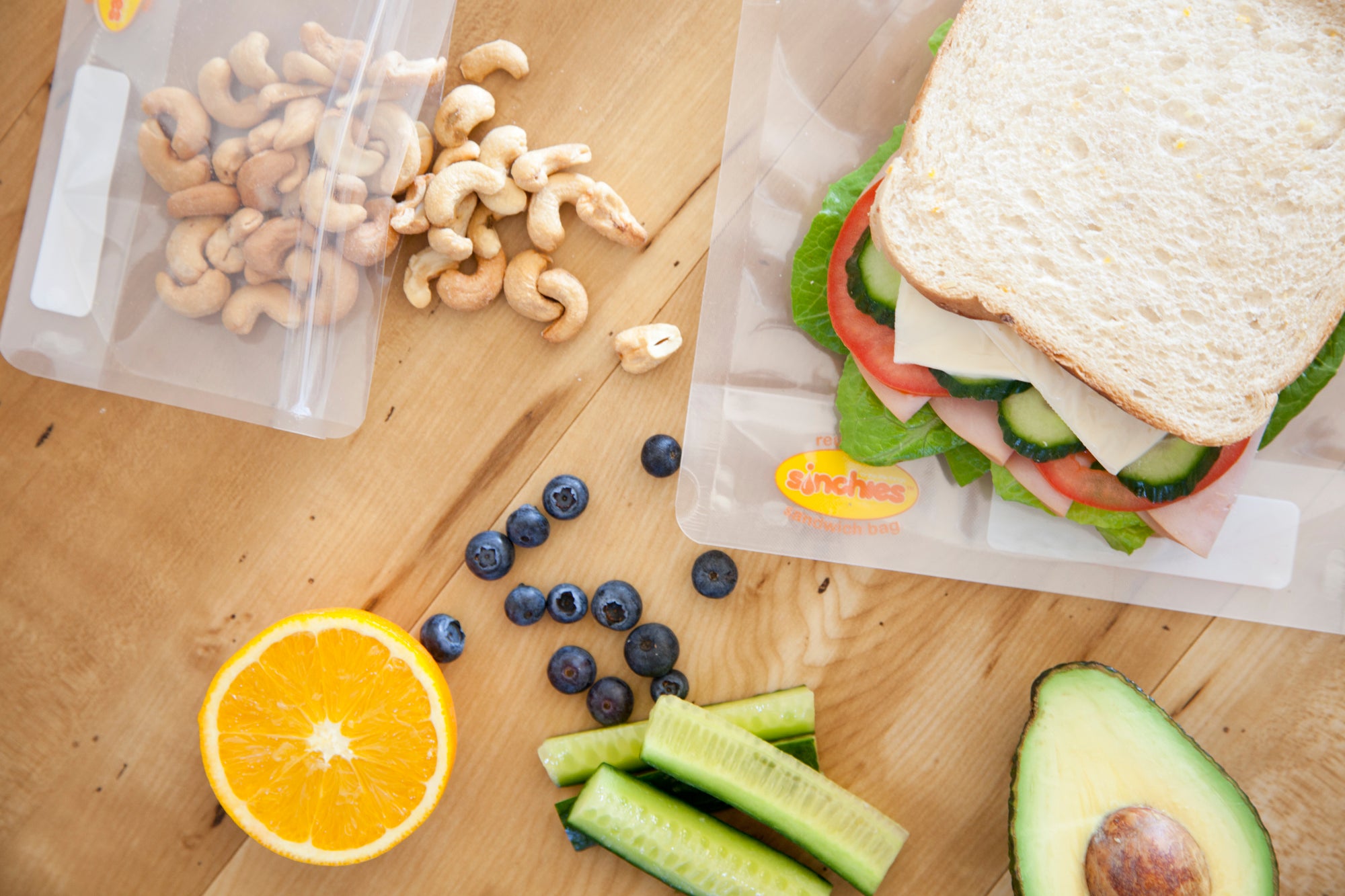
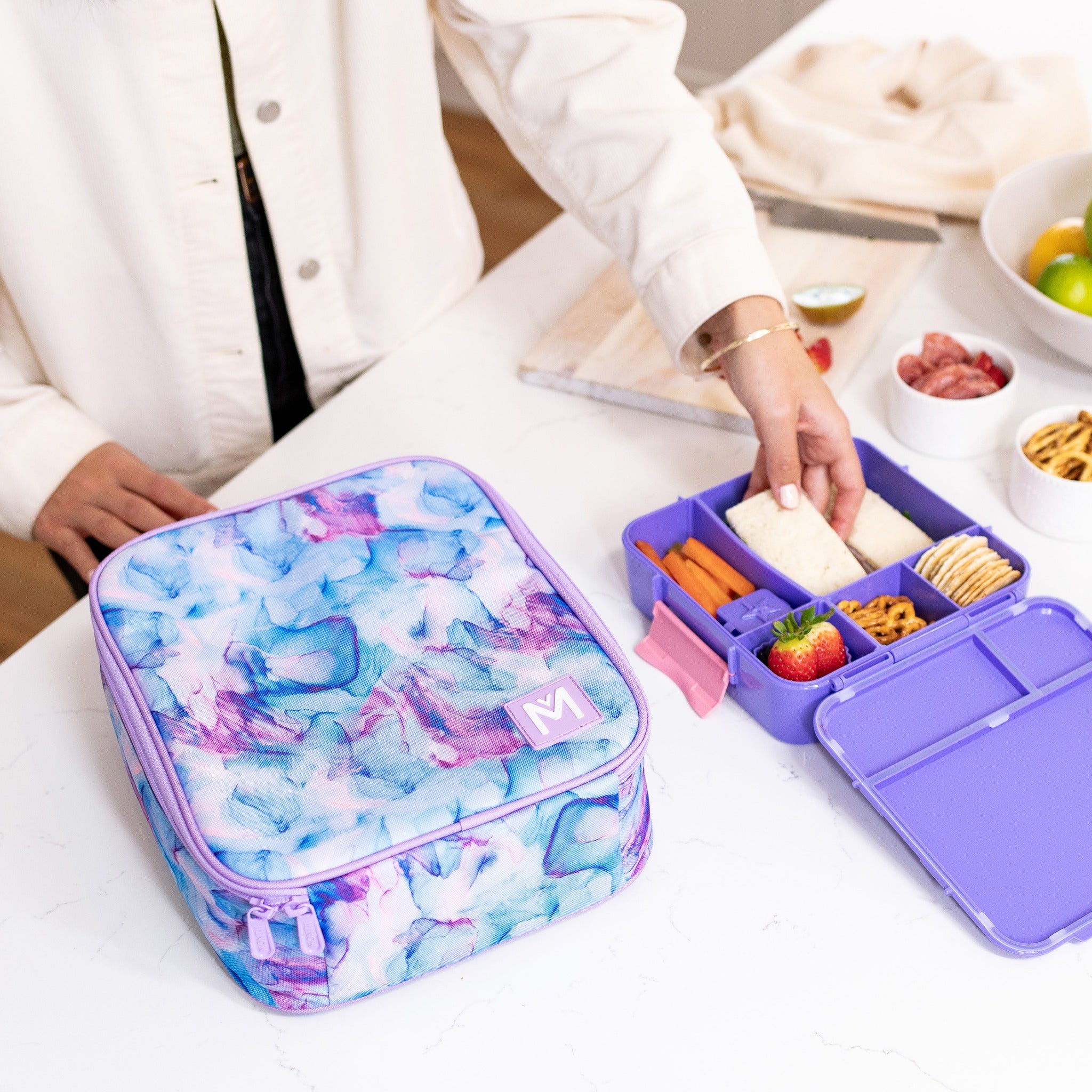























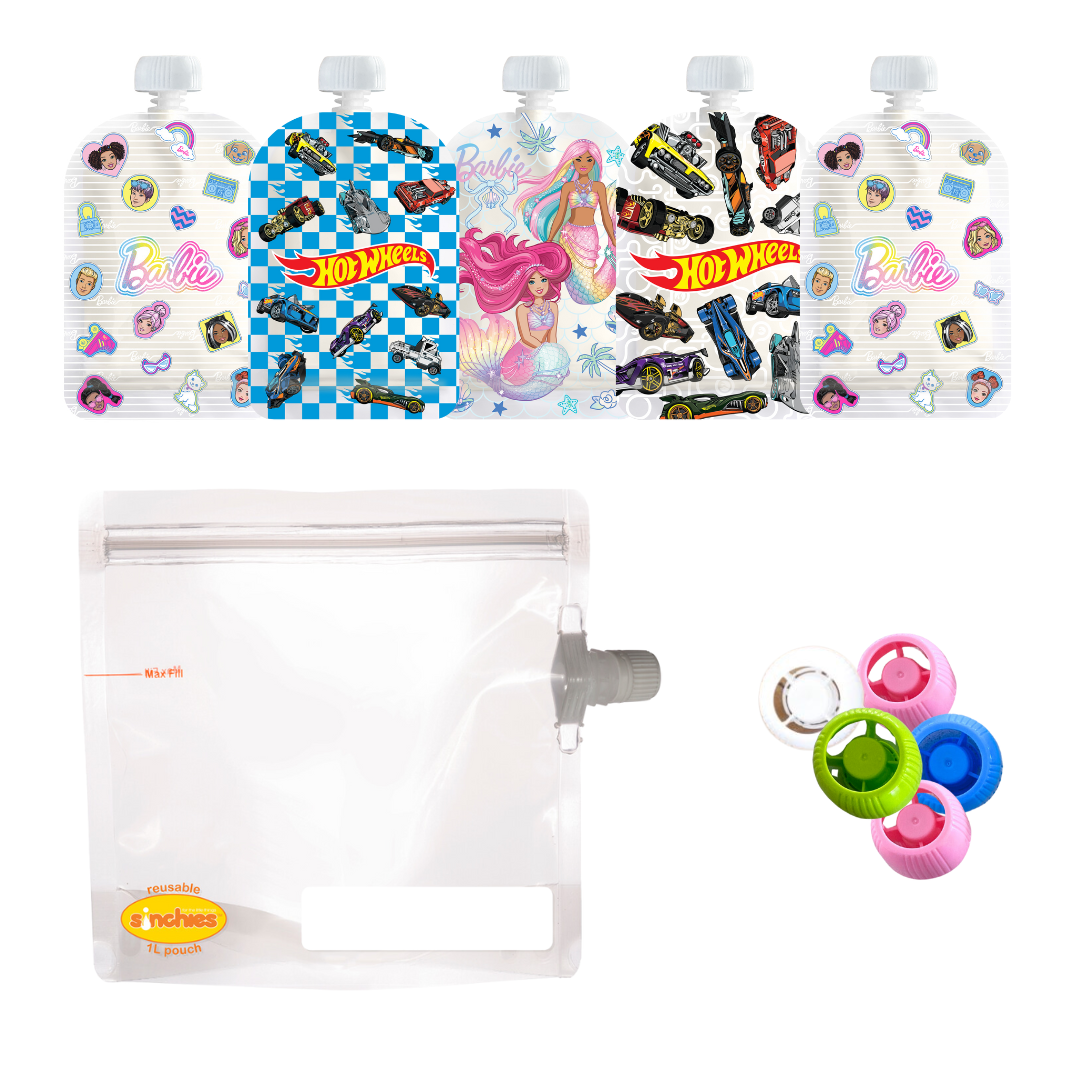
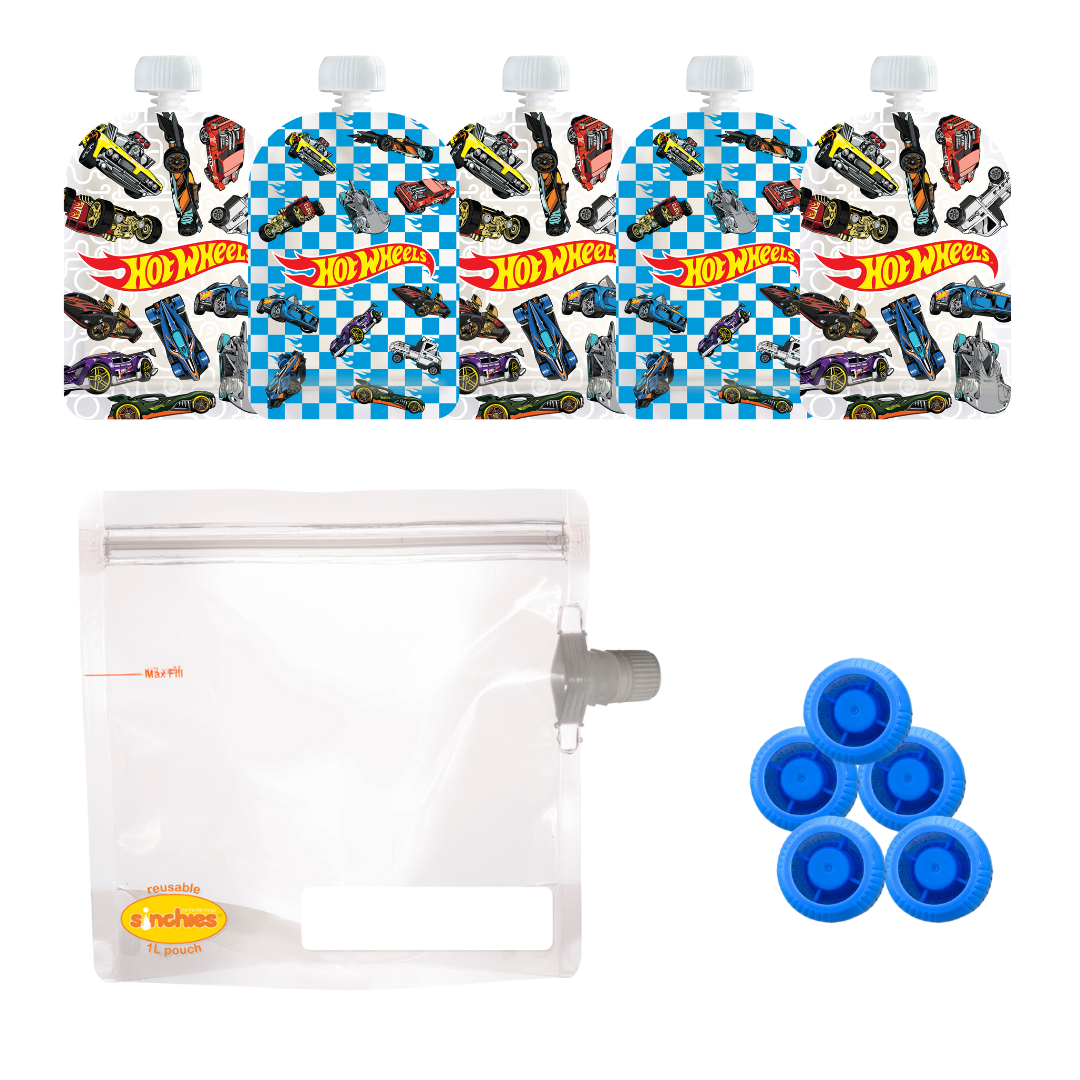
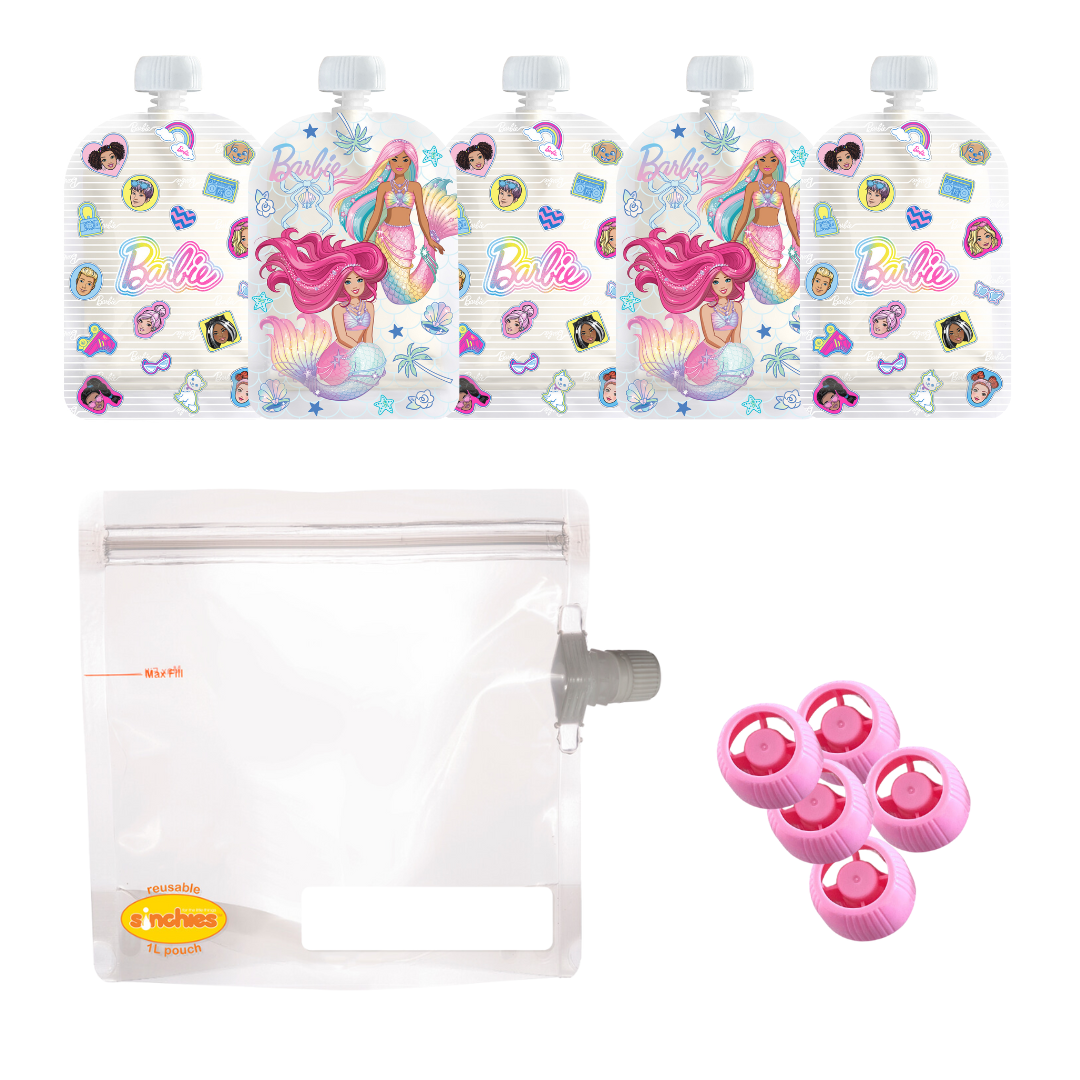


















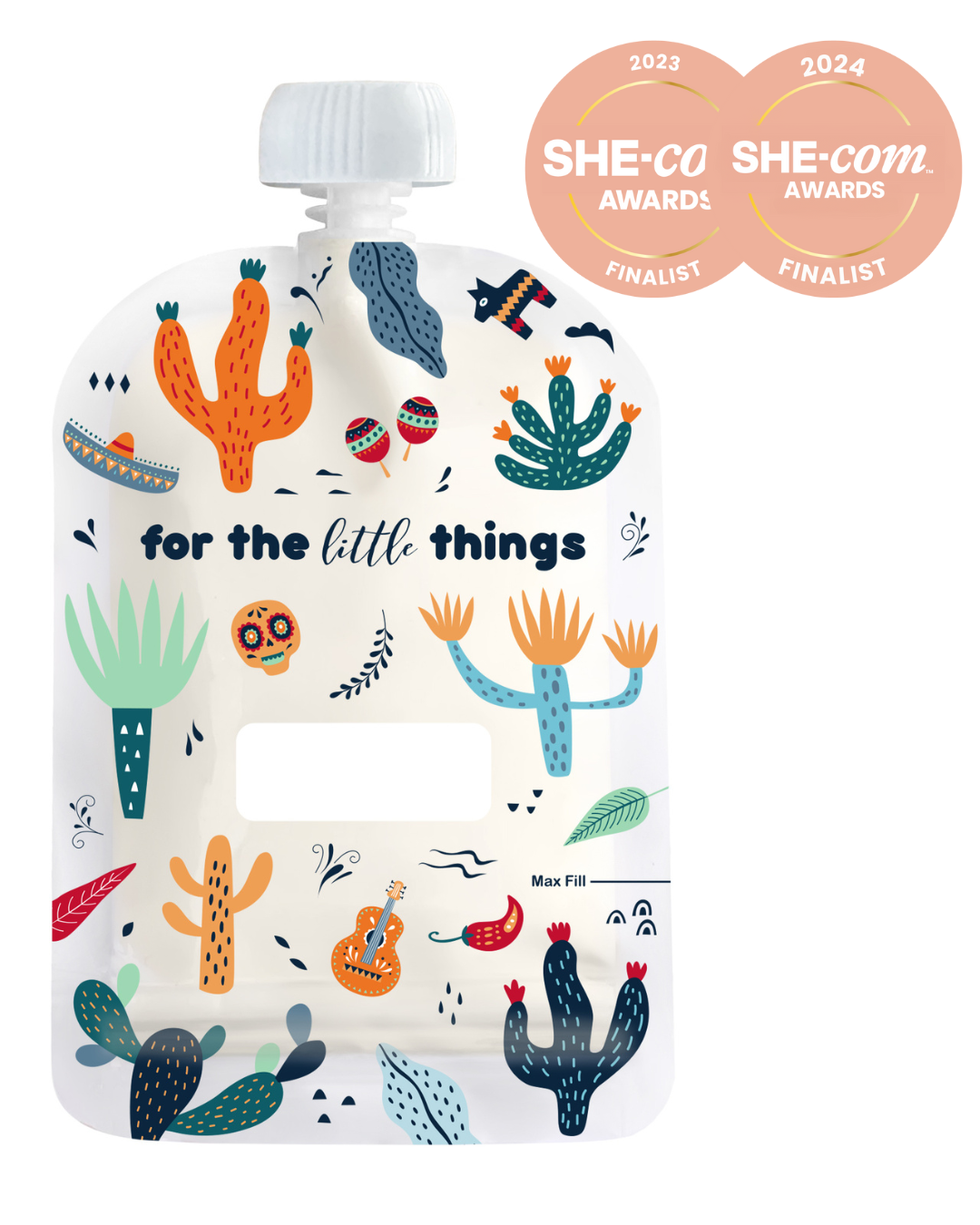
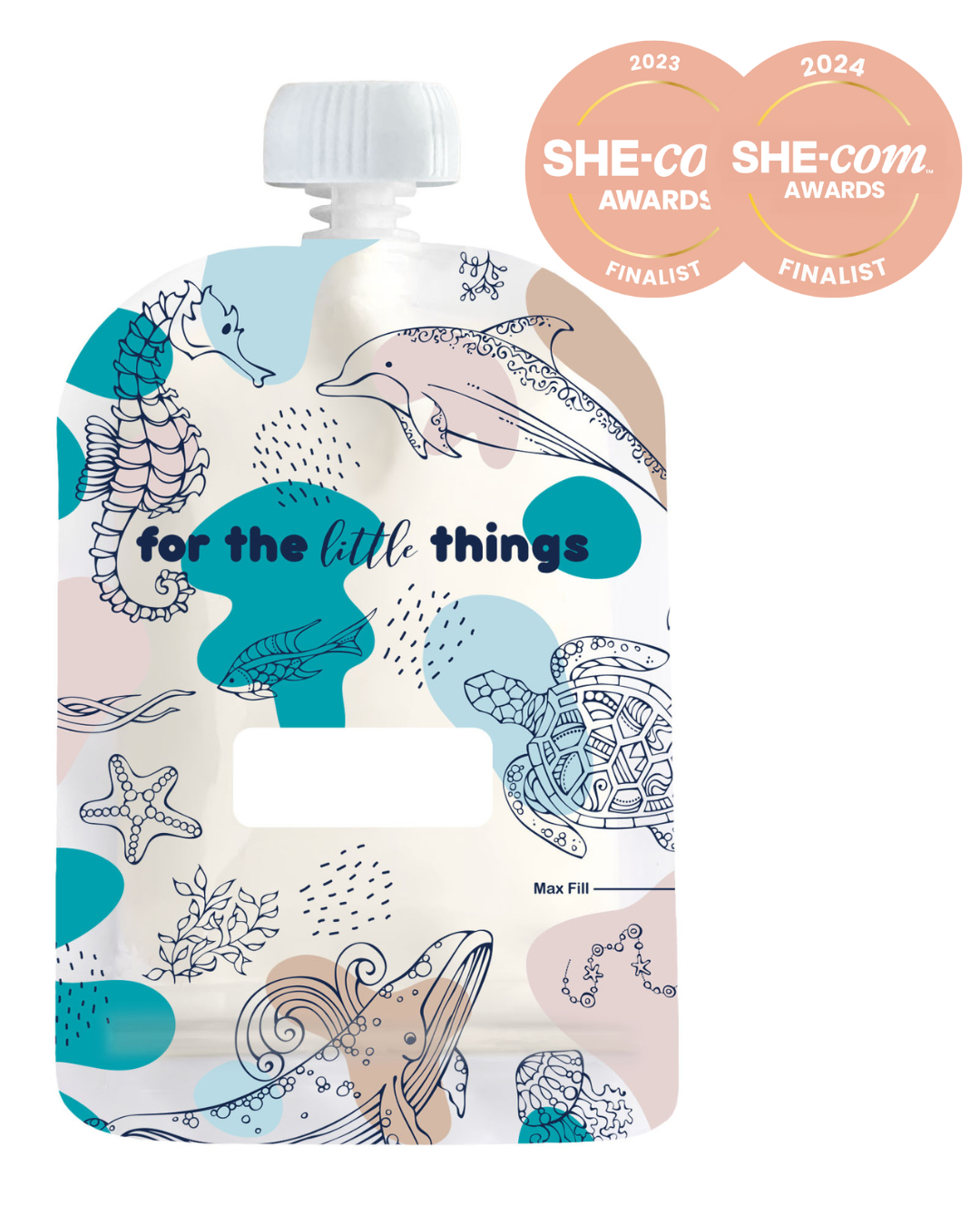











Leave a comment